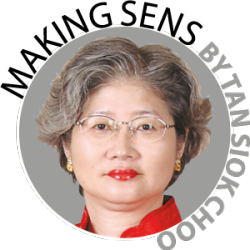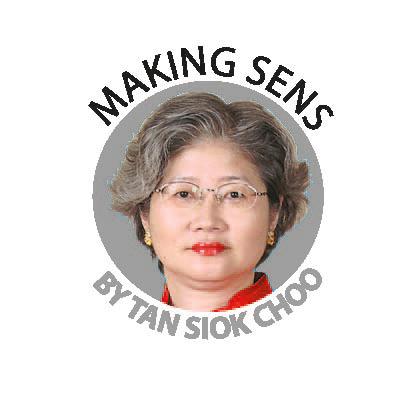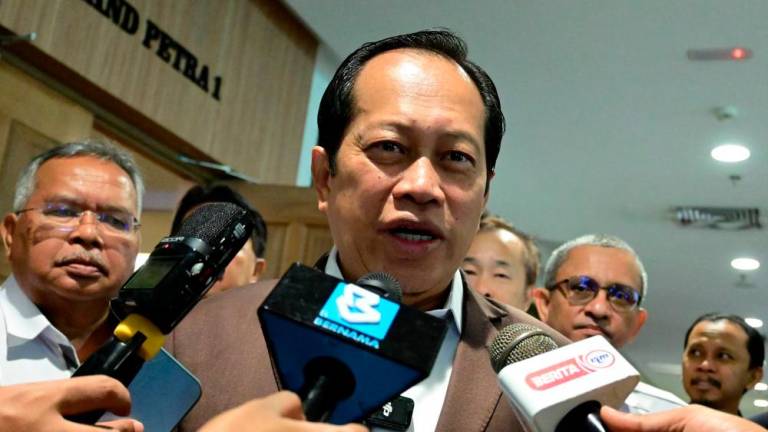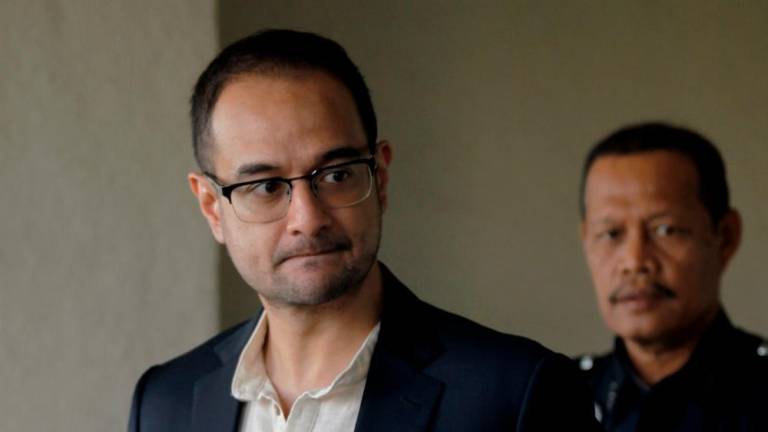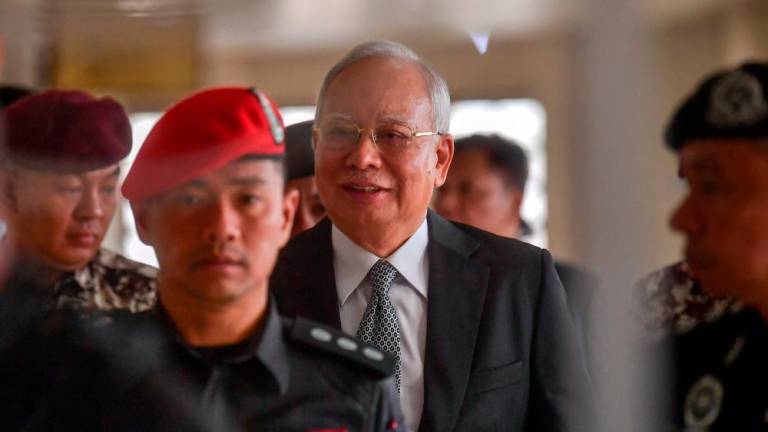FAMILY businesses are “stronger financially, have higher stakeholders, live longer and are more trusted by the public, Harvard Business Review says, a finding endorsed by Credit Suisse and EY.
Despite superior performance metrics compared with non-family companies, family businesses don’t enjoy corporate longevity.
One of the oldest FOBs worldwide is Hoshi Ryokan, a Japanese inn, founded in 718 and run by the same family for 46 generations. Other family business centurions are US-owned Hallmark Cards Inc established in 1910 and Germany’s KASTO Maschinenbau, a global sawing and storage technology specialist which celebrated its 175th birthday this year.
Transience is the norm, for most family businesses. Only 30% of family businesses last into a second generation, 12% reach the third and a niggardly 3% get to the fourth generation and beyond, data by the Family Business Institute shows.
Family businesses face unique management issues: separating family and work relationships, employing family members who may lack appropriate skills and creating a career path for ambitious non-family professionals with badly-needed expertise.
Arguably, the most critical challenge is succession planning.
According to SCORE, 19% of the 28.8 million small businesses in the US are family businesses defined as “any business in which two or more family members operate the company and the majority of ownership or control lies within a family”.
A US non-profit organisation dedicated to helping small businesses, SCORE has provided education and mentored more than 11 million entrepreneurs.
Family businesses contribute significantly to the US economy – employing 60% of the workforce, creating 78% of new jobs and generating 64% of GDP, a SCORE study in 2018 showed.
One SCORE finding is worrying – 47% of owners of family businesses expect to retire in five years but do not have a successor.
In recent months, several Asian family businesses have showcased different succession options.
On April 15, Bursa Malaysia-listed Paramount Berhad celebrated its 50th anniversary. Founder of the See Hoy Chan Group of companies, the late Datuk Teo Hang Sam, arrived in Malaya in 1928 and incorporated his first company, Malaysia Rice Industries, on April 15, 1969.
Remarkably, Teo’s businesses in Malaysia and Singapore – including rice milling, property, rubber plantations, retail, hotels and insurance – were amicably divided among eight sons, grandchildren and his two brothers’ families.
Although the process of demerger took five years from 1983 to 1988, this fuss-free split was largely due to two factors – all family members agreed to a mechanism for sharing their patrimony and the assets on both sides of the Causeway were large enough to ensure each received a satisfactory share.
In March last year, a textbook succession plan was engineered by Hong Kong’s richest billionaire Li Ka-Shing. Eldest son Victor took over the chairmanship of the family’s flagship company CK Hutchinson Holdings from his 90-year-old father.
Given the succession plan was determined by the founder, popularly known as Superman, the transition was smooth. Despite announcing the highest dividend growth among HK property companies, the Superman premium that CK Hutchinson shares previously enjoyed has evaporated. Since March last year, the benchmark Hang Seng Index has fallen by 8.1% while CK Hutchinson’s share price has tumbled by 16%.
In Macau, three living spouses and 17 children from four wives could trigger a protracted battle for control of the US$6 billion gaming colossus founded by 97-year-old Stanley Ho.
News reports suggest an alliance comprising eldest daughter Pansy Ho, some siblings and the Henry Fok Foundation (set up by Stanley’s former partner) could garner a combined 53% share in Sociedade de Turismo e Diversoes de Maucau (STDM), the entity that owns 54% of casino operator SJM Holdings Ltd.
Pansy’s main rival for control is Angela Leong, the patriarch’s fourth wife, who is also SJM co-chairman, an executive director for a guaranteed six years and the listed company’s largest individual shareholder.
More unusual is the bequest crafted by 70-year-old Shih Wing-Ching, founder of Hong Kong’s biggest real estate agency, the Centaline Group, which handles two out of five property transactions in the territory.
At the start of this year, son Alex was appointed Centaline vice-chairman but his inheritance, estimated by Bloomberg Billionaires Index to be worth US$400 million, was gifted by his father to charity more than 10 years ago.
Shih shares the same philosophy as Warren Buffet and Bill Gates. Both have pledged to donate the bulk of the fortunes – estimated at US$65.4 billion and US$81 billion respectively – to philanthropy, leaving their children a minuscule proportion.
Buffet’s rule of thumb for bequests to his children: “Give them enough money so that they would feel they could do anything but not so much that they could do nothing”.
Opinions expressed in this article are the personal views of the writer and should not be attributed to any organisation she is connected with. She can be contacted at siokchoo@thesundaily.com



